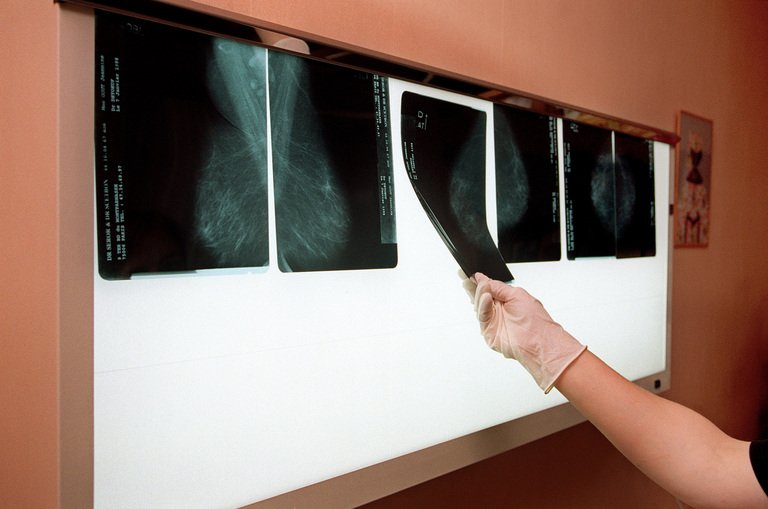New research has found that weight loss is a strong predictor of cancer and recommends that health professionals act quickly, especially when weight loss is presented with other symptoms.

Picture: iStock
A new UK meta-analysis has found that unintended weight loss is the second highest risk factor for certain cancers, including colorectal, lung, pancreatic and renal.
Led by the Universities of Oxford and Exeter, the research is the first robust analysis to examine all available evidence to look at an association between weight loss and cancer.
For the analysis the research looked at 25 studies, which together included data from more than 11.5 million patients.
The team found that unintended weight loss was linked with 10 types of cancer: colorectal, pancreatic, gastro-oesophageal, ovarian, lung, renal tract, myeloma, non-Hodgkin’s lymphoma, biliary tree, and prostate.

The rise in new cancer cases worldwide is expected to outstrip the increase in global population.
The risk of developing cancer was also stronger when weight loss occurred with other symptoms, such as rectal bleeding in colorectal cancer, and with increasing age.
Co-author Professor Willie Hamilton commented on the findings saying: “We’ve always known that unplanned weight loss may represent cancer. This study pulls together all the published evidence and demonstrates beyond doubt that it is important in efforts to save lives from cancer.”
ALSO READ: How berries could help fight cancer
Lead author Dr Brian Nicholson added: “Streamlined services that allow GPs to investigate non-specific symptoms like weight loss are vitally important and urgently needed if we are to catch cancer earlier and save lives.”
“Our research indicates that coordinated investigation across multiple body sites could help to speed up cancer diagnosis in patients with weight loss. We now need to continue our research to understand the most appropriate combination of tests and to give guidance on how much weight loss GPs and patients should worry about.”
For more news your way, follow The Citizen on Facebook and Twitter.
Download our app




